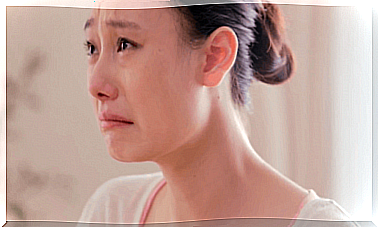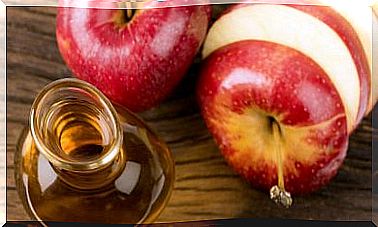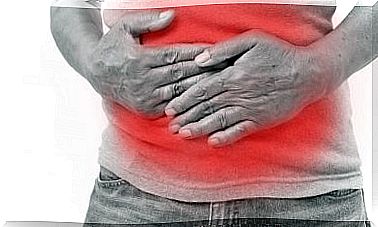Should We Vaccinate Children? Myths And Truths About Vaccines
Vaccinating children is a concern for many parents. As science advances in the manufacture of new vaccines, trends against their use appear.
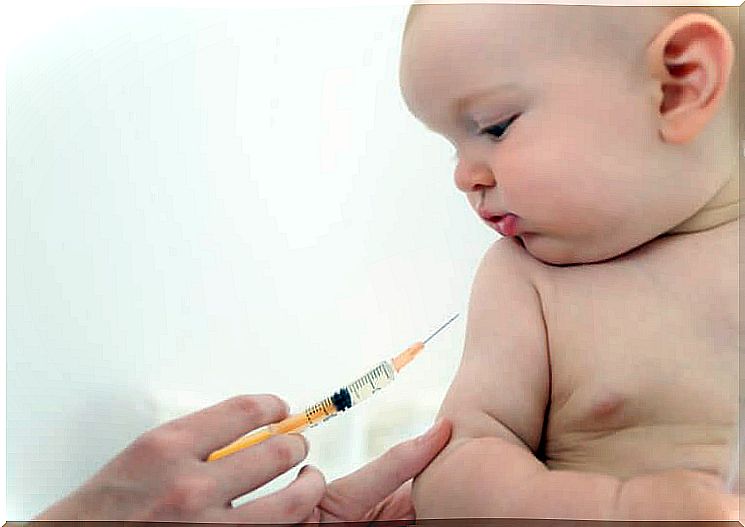
The World Health Organization (WHO) supports childhood vaccination to prevent numerous diseases. Pediatricians around the world promote the use of vaccines, while governments implement massive days to vaccinate and protect children and adults.
However, there are a growing number of social organizations, naturopaths and homeopaths that warn about the insecurity of this healing method. So what should parents do? Who do we trust when it comes to knowing whether or not we should vaccinate children from birth? In the following lines we present you some myths and truths about vaccines.
Vaccines
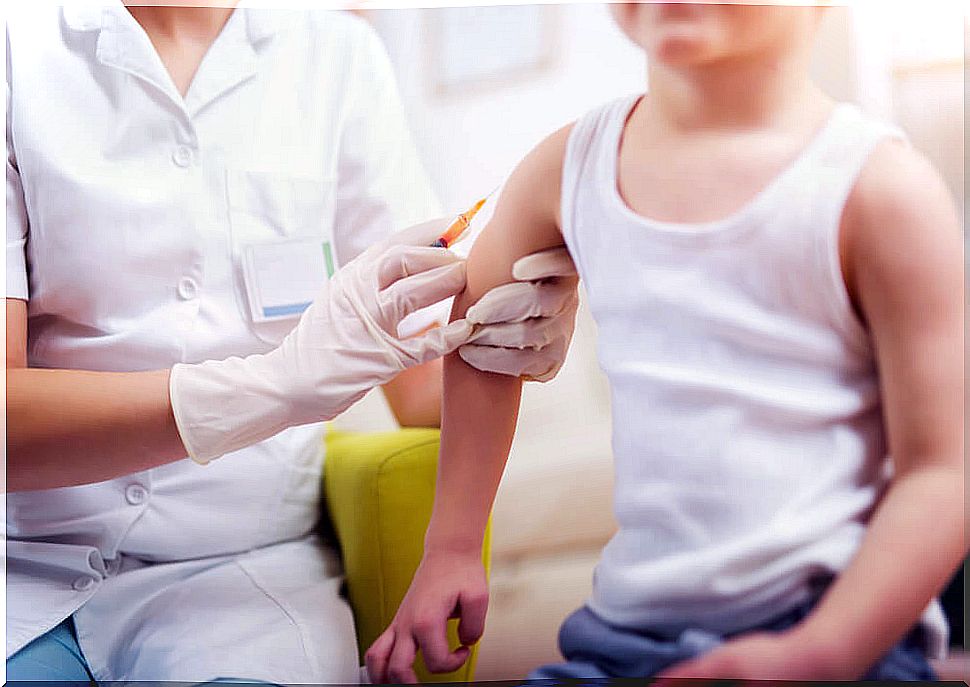
Vaccines were created to stimulate the response of our own immune system. This is capable of manufacturing antigens, which are like our defense system, and help us fight the pathogen that causes the disease every time it enters our body. In this way, through controlled injections, it has been possible to prevent and counteract numerous outbreaks.
There are several types of vaccines:
- Killed or inactivated vaccines : they are created from fragments or molecules that come from the causative agent of the disease. Example: pertussis vaccine.
- Live virus vaccines : use the virus causing the condition, but weakened. Example: mumps vaccine.
- Toxoid vaccines : their base is a chemical substance produced by the bacteria or virus in question. It is used to immunize ourselves against it. Example: tetanus vaccine.
- Biosynthetic vaccines : artificial substances are created that resemble fragments of pathogens. Example: Hepatitis B vaccine.
Taking into account how aggressive infections can be, especially in the case of children, vaccination campaigns have been implemented to immunize them. However, in recent years doubts have arisen in different sectors of the population regarding the usefulness of vaccines.
What was the origin of the controversy?
The birth of anti-vaccine trends occurred at the end of the 20th century. Let’s analyze, then, the four main examples used to ensure the dangerousness of vaccines:
POS and neurological diseases
In the 1970s, the MMR vaccine or TPV (against measles, mumps and rubella) was the result of controversy. A report from London’s Great Ormond Street Hospital showed a possible correspondence with the development of neurological diseases in children who received it. However, this relationship was never proven.
POS and autism
In 1998, a publication in The Lancet magazine linked autism and the onset of gastroentestinal diseases with TPV. This article turned out to be a great trigger for the fears and myths surrounding this topic.
However, the magazine itself retracted the publication. Andrew Wakerfield, the lead author of the study was indicted by the UK General Medical Council. His right to practice medicine was withdrawn because he falsified the research data.
Vaccines and thimerosal
A few years ago, leading medical and public health organizations in the United States turned their attention to thimerosal. This substance, derived from mercury, was used since 1930 as a preservative in vaccines.
At present, numerous investigations have been carried out for its elimination in modern vaccines. In reality, there is no scientific evidence that there are links between thimerosal and the development of speech and behavior disorders, as claimed by the anti-vaccine movements.
Reappearance of diseases eradicated by vaccinating children
In 2000, the United States Center for Disease Control and Prevention considered that measles was completely eradicated in the country, thanks to mass vaccination campaigns. But, in 2014 alarms went off with the appearance of 668 infected people.
After close monitoring of the outbreaks, it was determined that more than 70% of those affected had not been vaccinated for religious or ideological reasons, not medical ones. The same has happened in European countries.
In fact, in Spain, in 2015, there was the first death of a child from diphtheria since 1987. In all the cases that occurred in recent years, the presence of a strong anti-vaccine movement in this area has been verified .
The existence of vaccines that still contain mercury, the increase in allergies in urban areas, as well as false studies, have caused the emergence and strengthening of anti-vaccine movements around the world. However, we should look at the pros and cons of vaccination.
WHO’s opinion on vaccinating children
The WHO is categorically debunking myths about vaccines. These have allowed the eradication of infectious diseases such as smallpox, polio or measles. The possibility that they will resurface due to the non-vaccination of children is real.
For the WHO, the risks that vaccines could have in some individuals are so specific that they are more than outweighed by their benefits. Vaccination programs from infancy are effective in preventing disease as long as everyone is vaccinated. Not only do they provide individual protection, but they create barriers that prevent the entry of infections to population groups.
Vaccines act on the immune system as a natural infection would, but they avoid its symptoms or its risks. Children face many situations every day that trigger immune system responses. According to the WHO, vaccines make them more resistant.
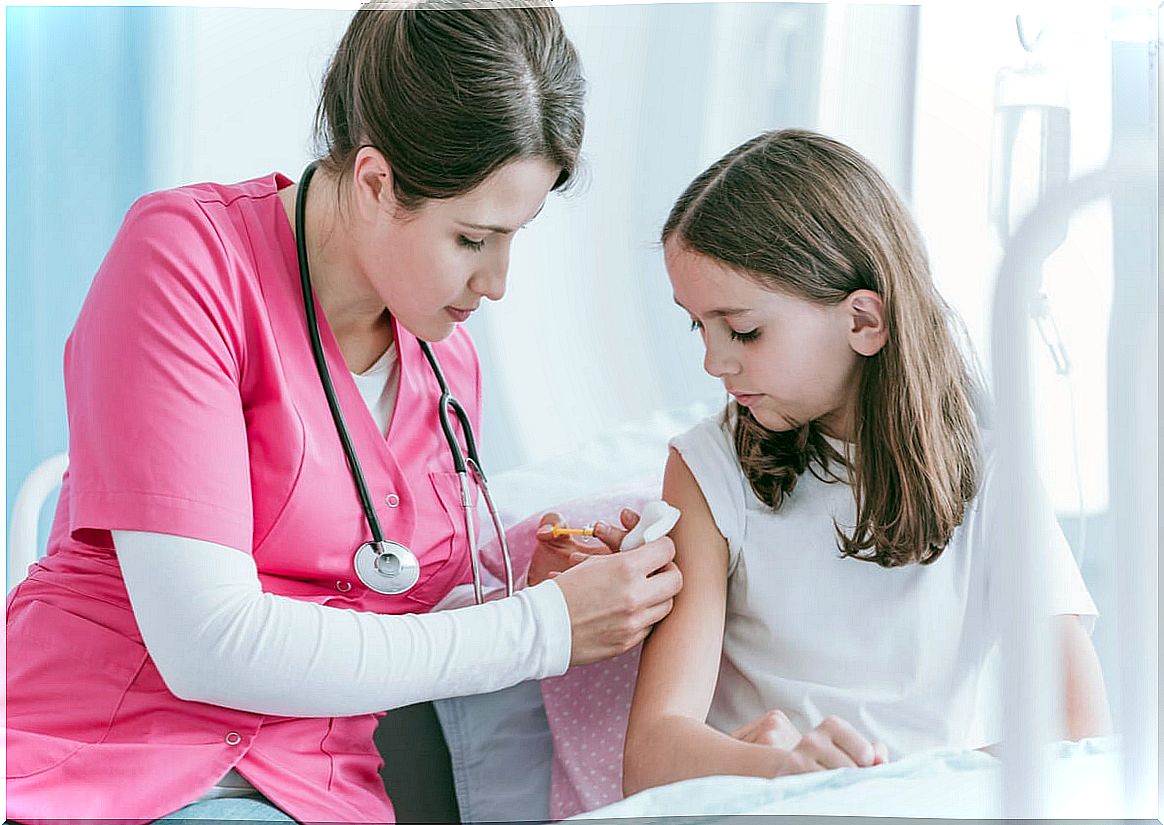
Then…
Vaccinate kids, yes or not?
Although in France, compulsory vaccination is close to being a reality, in most countries the final decision rests with parents. In recent years, contradictory positions have been seen in the media. However, science continues to advance in the development of vaccines against serious diseases such as HIV and degenerative diseases such as cancer and Alzheimer’s.
If something is clear, it is that there are numerous medical institutions around the world that support vaccination campaigns given their important role in the cure and prevention of diseases.
In short, we recommend that you be adequately informed of the composition and functionality of the vaccines that your children will receive, with the advice of pediatric doctors. Decide properly and take care of the health of your children.





